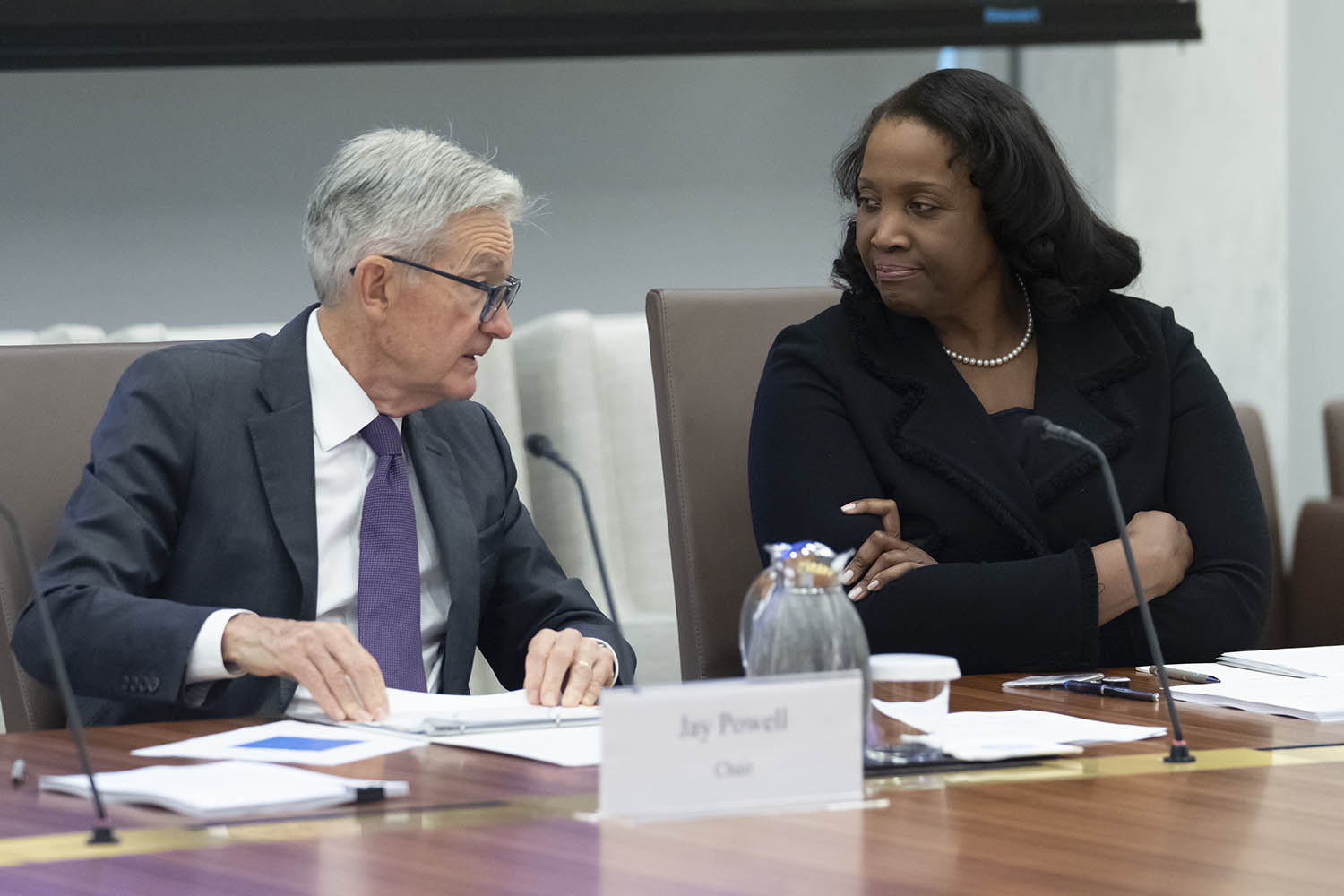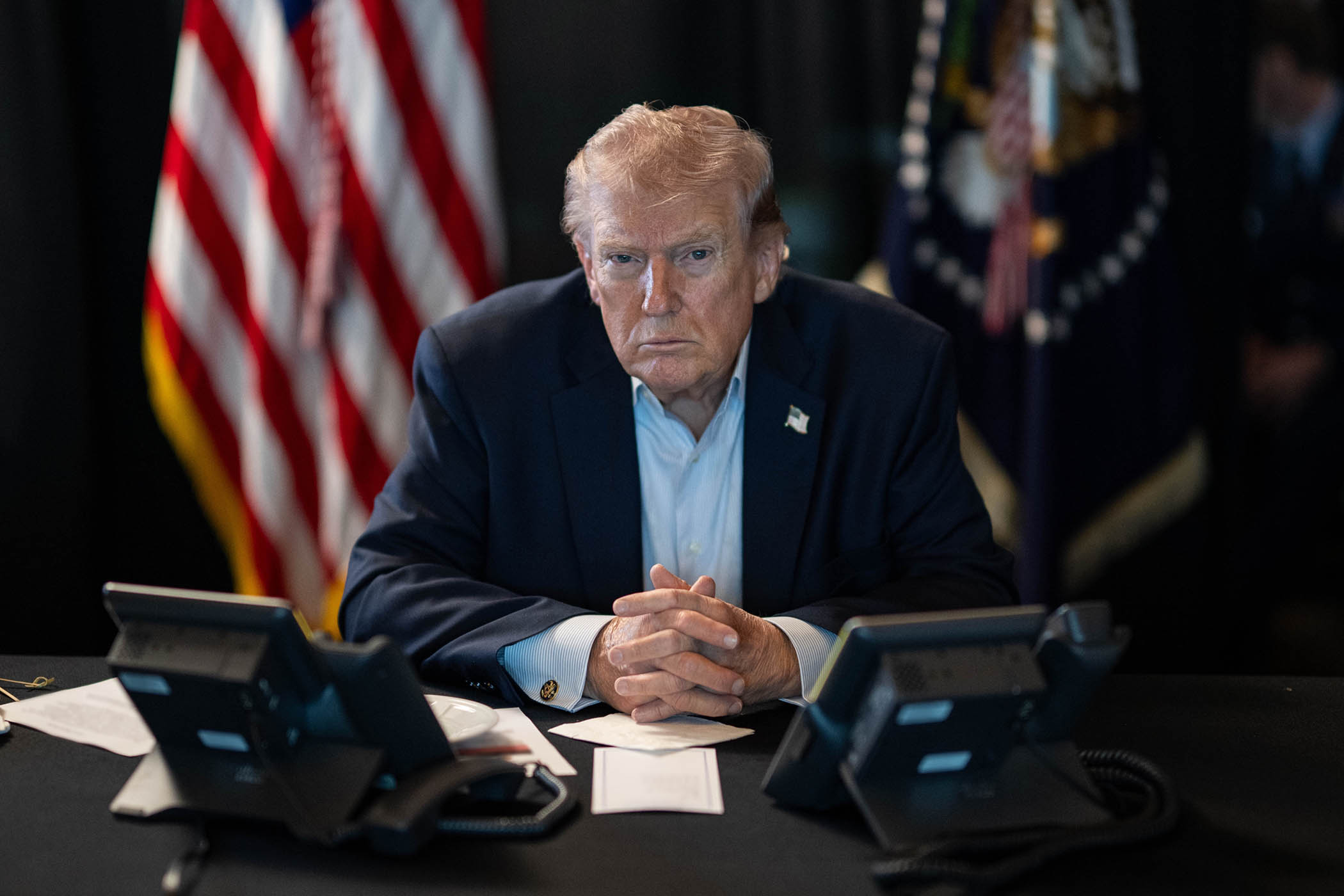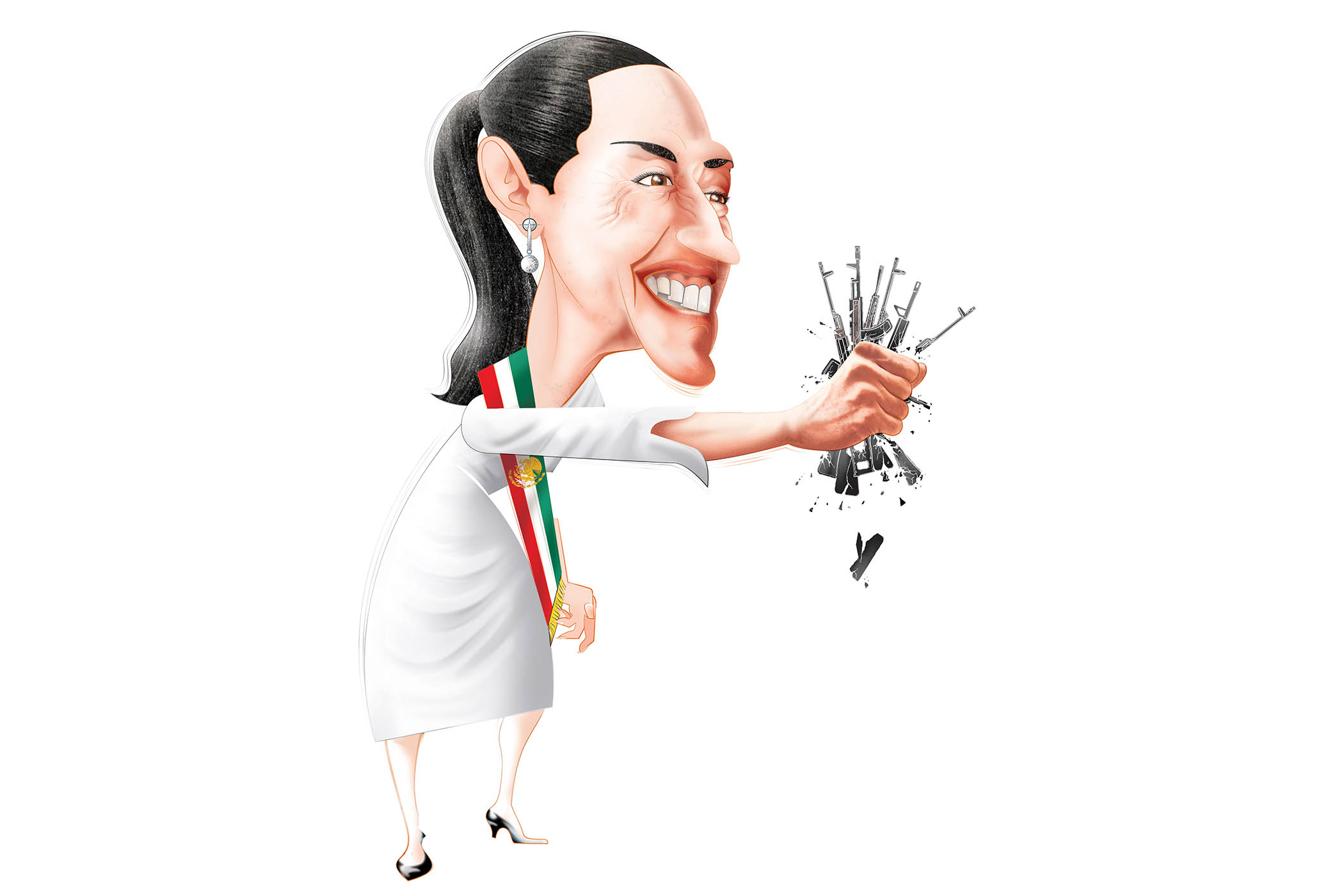President Trump’s move to fire a Federal Reserve governor this week as part of a plan to seize control of US monetary policy has prompted global anxiety about central banking independence and the cost of capital.
Lisa Cook, the first black woman to serve as a Fed governor, sued Trump on Thursday after he announced her sacking for allegedly making false statements on her mortgage. Cook asked a court to declare Trump’s order “unlawful and void”, arguing Trump has no authority to fire her.
The landmark case follows months of attacks by Trump against the Fed, which independently decides interest rates without political approval, and its chair Jerome Powell, whom he has called on to resign.
Trump wants Powell to cut rates by up to three percentage points from the current 4.25 to 4.5% range and is infuriated that this has not yet happened. At the annual Jackson Hole Economic Policy Symposium last week, Powell did signal that interest rates could soon be cut because of growing risks to the economy – not because of political pressure.
Cook is one of seven members of the Fed’s board of governors, a group with sway over big decisions relating to interest rates as well as rules and regulations governing Wall Street.
If Trump succeeds in firing her, appointees potentially aligned with the president will command a majority on the board of governors – but not the open market committee, which sets interest rates.
Legal and financial experts say that Trump’s actions this week represent the gravest threat to the institution since it was first granted independence in 1951 – and could destabilise the US economy. Most experts believe that inflation stays lower, and economic growth is steadier, when interest rates are set independently from politics.
“An independent Federal Reserve is one of the key pillars of US economic stability,” Carolyn Bourdeaux, executive director of Concord Action, a fiscal watchdog group, said. “Erosions to that independence could jeopardise the dollar’s status as the world’s leading reserve currency.”
So far, however, financial markets have appeared relatively unfazed. The dollar held steady last week, as did stocks. In the bond market, some warning lights flashed after the gap between some long and short-term yields climbed on Tuesday to its widest in three years.
The shift is a signal that the market expects interest rates to be cut in the short term because of mounting political pressure, but that the Fed may need to increase them in the long-term to battle inflation.
Newsletters
Choose the newsletters you want to receive
View more
For information about how The Observer protects your data, read our Privacy Policy
With the US already running a large budget deficit, a weaker dollar and rising inflation expectations may deter investors and buyers of US government debt from China, Europe, and Japan, driving up US government borrowing costs in a way that could impact consumers.
“Weakness in the dollar and the rise in inflation expectations will just raise the cost of capital for the US government and, importantly, for homeowners, potential home purchasers, and corporations, basically anyone seeking finance,” said Mark Spindel, senior adviser at F/m Investments, an investment management firm based in Washington DC.
“They want a kind of sugar high of growth, they hope that the after effects of that will come after their term is up. The after effects can be pretty brutal, this can lead to inflation and market volatility.”
The White House did not respond to a request for comment.
Global long-term bond yields also rose last week following Trump’s move against Cook.
The perception that the White House is undermining Fed independence has raised fears among investors of “fiscal dominance”, Reuters has recently reported, whereby government debt financing dictates monetary policy.
In recent years, similar dynamics have fuelled financial crises in some emerging markets: Turkey faced a crisis between 2018 and 2022, when President Erdoğan forced rate cuts despite runaway inflation, prompting a currency collapse. Meanwhile, Argentina’s erosion of central bank independence contributed to repeated surges in inflation above 200% and a sovereign debt crisis in 2023.
In the US, past political interference with the Fed has also had damaging consequences. In the early 1970s, President Richard Nixon leaned on chair Arthur Burns to hold rates down before the 1972 election, aiming to stimulate economic growth during his re-election campaign. An inflationary recession began a year later.
Photograph by Mark Schiefelbein/AP Photo



